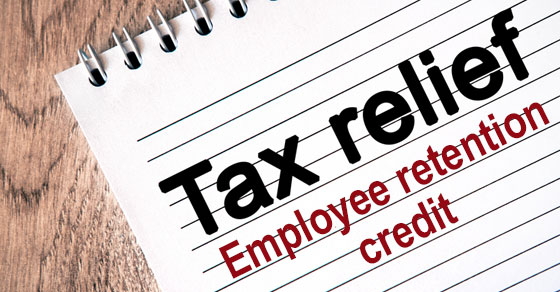What qualifies as a “coronavirus-related distribution” from a retirement plan?
As you may have heard, the Coronavirus Aid, Relief and Economic Security (CARES) Act allows “qualified” people to take certain “coronavirus-related distributions” from their retirement plans without paying tax. So how do you qualify? In other words, what’s a coronavirus-related distribution? Early distribution basics. In general, if you withdraw money from an IRA or eligible […]
What qualifies as a “coronavirus-related distribution” from a retirement plan? Read More »










